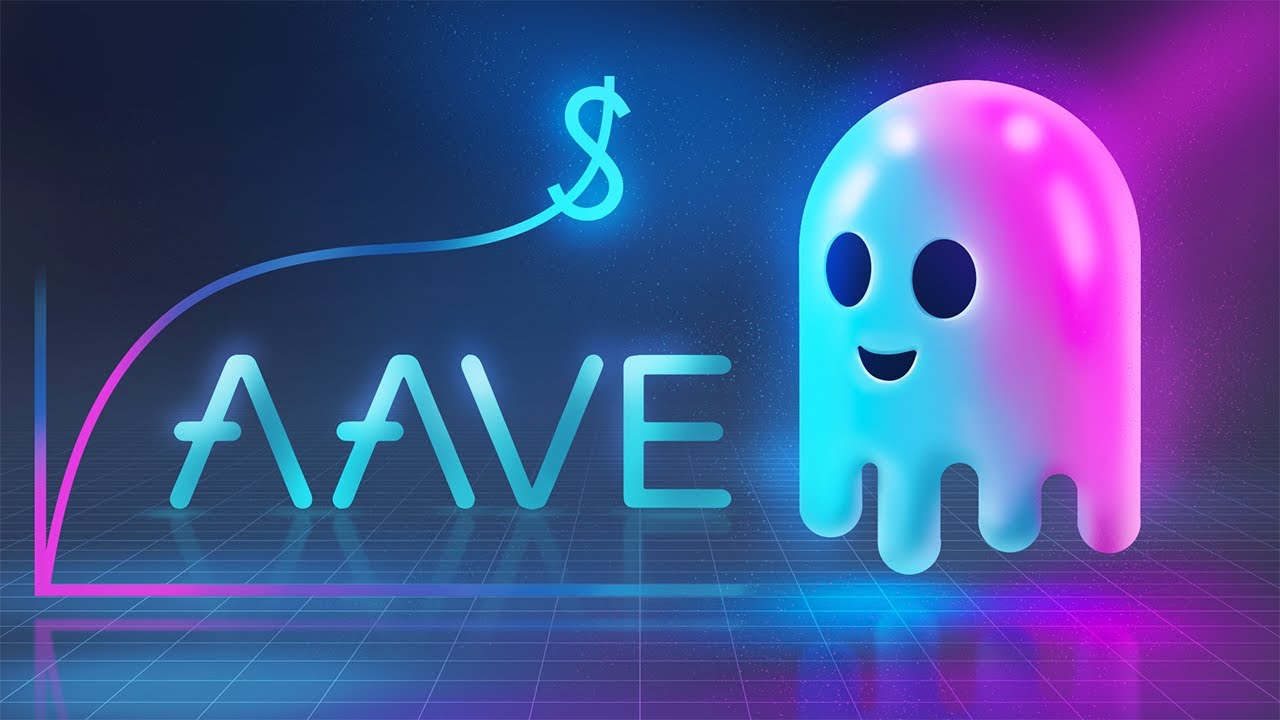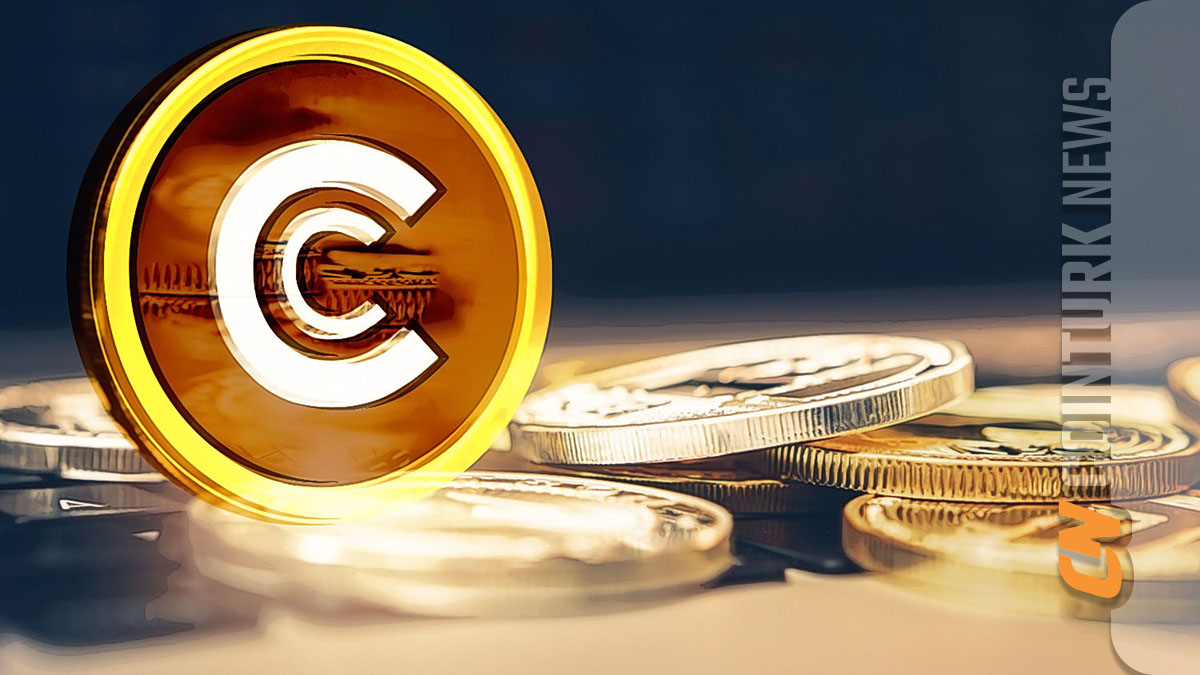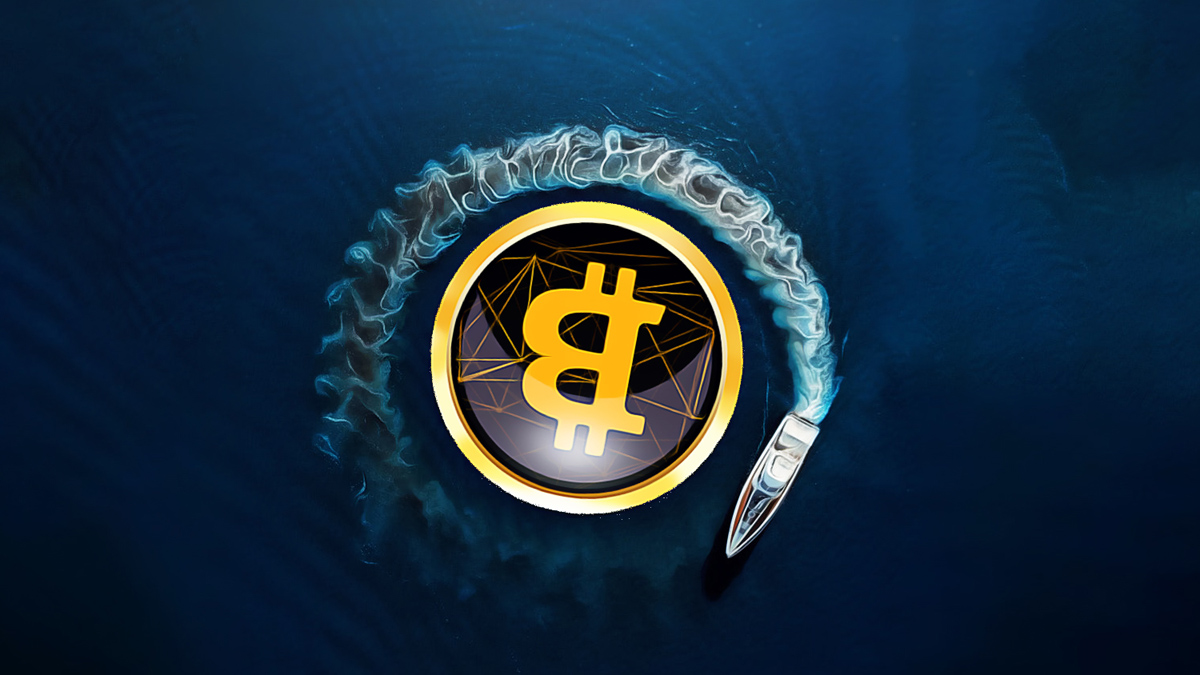A proposal to activate a fee switch for distributing transaction fees to owners is being discussed on the decentralized lending platform Aave. This information was shared by Aave Chan Initiative founder Marc Zeller on the X social platform. Zeller explained that the Aave DAO community’s current net profit is about 60 million dollars per year, reflecting five years of operational costs.
A Noteworthy Move from the Aave Team
Aave is a crypto lending platform operating across multiple blockchain networks. It allows borrowers to take loans in one cryptocurrency while depositing another as collateral. The platform is governed by the Aave token holders collectively forming AaveDAO. Zeller had previously hinted at the possibility of implementing a fee for Aave stakers in a post on X and made the following statement on March 16:
“A new update to the security module will propose distributing fees to stakers.”
The fee switch system is a feature or mechanism that allows certain fees or expenses to be enabled or disabled within the platform. In decentralized finance (DeFi) protocols like Aave, a fee switch could enable the distribution of fees collected from transactions or other activities to token holders or participants in the protocol.

Details on the Process
Fee switch would allow governance to control and adjust fee-related policies according to the platform’s needs and goals. Aave DAO recently greenlit changes to staking fees for GHO. If Aave DAO continues with fee activation, it will follow the example of Frax Finance, which recently approved a proposal to reinstate the fee switch. On April 5th, AaveDAO discussed Dai (DAI) collateral restrictions. Chaos Labs, risk management advisors, presented a new proposal that opposed Marc Zeller’s 75% discount suggestion, advocating for a 12% decrease in Dai loan-to-value (LTV) ratios.
Previously, Aave introduced a new proposal to set the LTV ratio for DAI at 0% across all Aave deployments. The proposal also suggests removing sDAI incentives from the Merit program starting with Merit Round 2. This move comes in response to MakerDAO’s rapid D3M plan, which increased the DAI credit limit to about 600 million DAI within a month.
Meanwhile, the decentralized exchange Uniswap is in the final stages of preparations for its own fee change proposal, expected to come in mid-April after a successful testing period.

 Türkçe
Türkçe Español
Español










